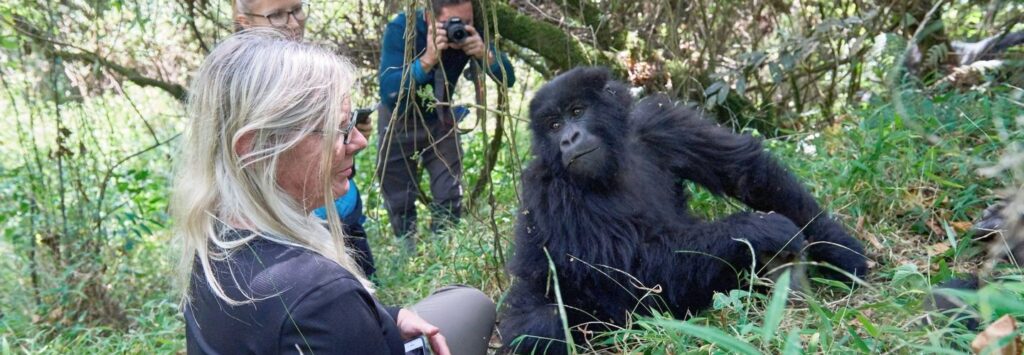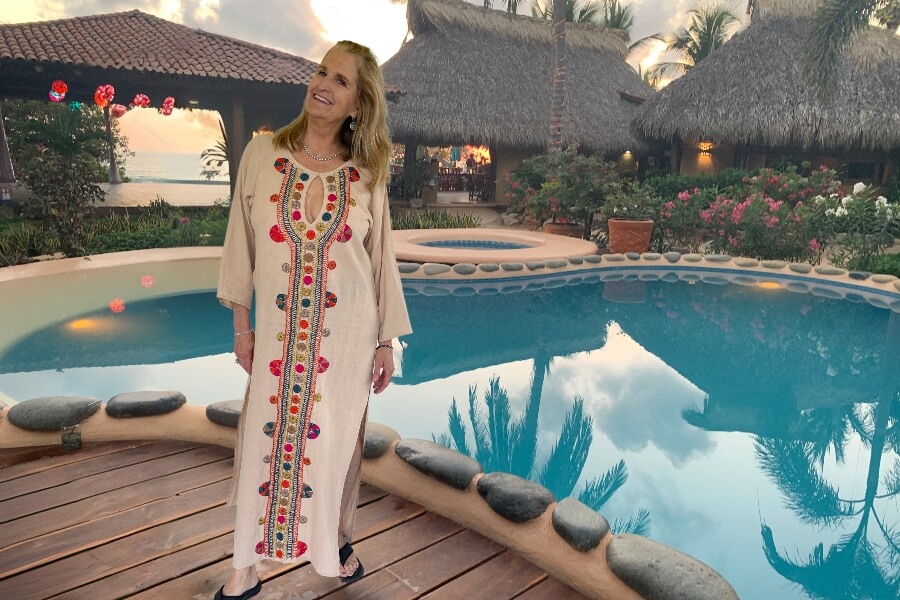When we see that an older celebrity we haven’t heard from in a while is trending on Instagram, we immediately worry that person has died. But when we saw Kirstie Alley’s name this morning on the platform, we weren’t too concerned. “She’s too young,” was what we told ourselves. But then we looked closer and saw the small type above her name. “1951–2022,” it read.
Kirstie Alley died after a short battle with colon cancer, her family announced.
Yes, we are sad, because we came to know her so well as Ted Danson’s foil in Cheers in the late ’80s and early ’90s. She won an Emmy for her role as Rebecca Howe. And yes, she made some cute movies (e.g., Look Who’s Talking) and some other TV shows, such as Veronica’s Closet.
But what made her death so upsetting, at least to us, is that she was one of the most relatable Hollywood stars. That’s largely because we watched her weight swing up and down over the years. She was drop-dead beautiful, no matter what weight she was at, but we could identify with her struggle to fit some ideal, an ideal that was more intense for her—as a Hollywood actress always under constant industry and tabloid scrutiny.
We thank her for not hiding her struggle and its impact on her self-esteem. She talked about it in interviews, became a spokesperson for Jenny Craig, detailed her battle in the book How to Lose Your Ass and Regain Your Life: Reluctant Confessions of a Big-Butted Star.
Read More: Celebrity Deaths: Why We Care So Much About the Loss of Aretha, Bowie, Princess Di
Fat Actress
The most public expression of her longtime issue with weight was her quasi-reality show Fat Actress, in which she played herself as a TV star who has fallen out of favor because of her weight. The show was ballsy in its use of humor and irony to skewer the damaging focus on an unattainable ideal, and Alley was certainly courageous to put herself out there for potential ridicule. But it didn’t find its audience or much love from critics.
“With virtually every joke hinging on the title’s one-note gag,” wrote Variety, “it’s less about laughing with or at the star than feeling slightly embarrassed, despite her willingness to be the butt of the humor. There’s certainly much to say about the obsession with thinness and beauty, which should earn Showtime some much-coveted media attention. People liking the show, alas, is another matter.”
Nevertheless, the show, which aired in 2005, could be considered part of the impetus behind the body acceptance movement. Indeed, Alley—along with Kate Winslet—was one of the first to talk about the desire to be valued as she was, rather than how she was supposed to look as a woman.
For us, the true beauty of Alley was her bravery in tackling insidious and corrosive concepts of beauty head on and beginning the conversation that has had an enormous impact for so many women. Plus-sized models on Anthropologie’s site. Swimsuit lines for all body shapes. Chrissie Metz as a star in NBC’s This is Us. None of this could have happened, we believe, without Alley.
We are grateful to Alley and sad to think of what more she could have done had she lived. RIP.
Read More: I’ve Burned Out on Exercise and You Know What? That’s OK























0 Comments